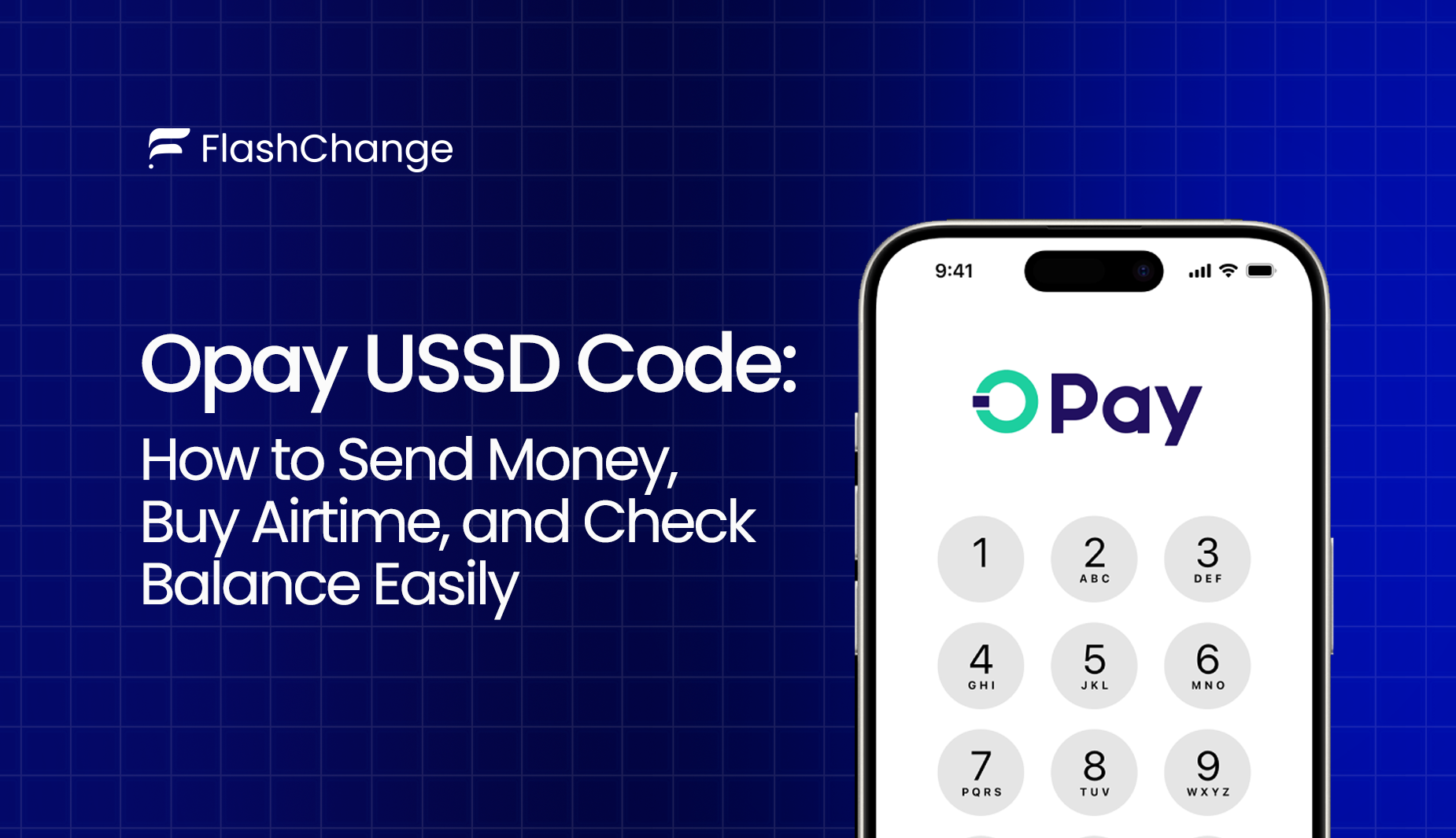
The Guide to Avoiding Crypto Investment Mistakes
Cryptocurrency can give you money, but one wrong move can drain your profits. Many investors, especially beginners, fall into common traps that lead to unnecessary losses.
To succeed in crypto investing, you need to understand the biggest crypto investment mistakes, risks of altcoin trading, common scams, and smart investment strategies that can help you avoid costly errors.
In this guide, you’ll learn:
- The most common crypto investment mistakes and how to avoid them
- Beginner-friendly strategies for safer investing
- Key dos and don’ts of crypto trading
- Our expert advice on managing risk and making informed decisions
By the end of this article, you should be equipped with the knowledge to trade smarter, minimize risks, and increase your chances of success in the crypto market.
10 Common Crypto Investment Mistakes and How to Fix Them
Investment in cryptocurrencies can be very rewarding, but beginners tend to make mistakes that lead to big losses. So, recognizing these common crypto investing mistakes and how to fix them can help protect your capital and improve your success in the market.
Below are some of the biggest mistakes new investors make, and how you can fix them.
1. Lack of Proper Research
Many beginners invest in crypto based on hype, social media trends, or celebrity endorsements without understanding the actual value of the project.
Mistakes:
- Buying tokens just because they’re trending or promoted by celebrities.
- Failing to research the project, development team, and technology behind the coin.
Example: An investor who bought Dogecoin purely because of the hype saw sharp losses when the excitement faded.
How to Fix:
- Read the project’s whitepaper and research the development team’s background.
- Understand the coin’s use case, supply mechanism, and underlying technology.
- Check for strong community support and active development.
2. Emotional Decision-Making
Fear and greed drives many investors to make impulsive and non-logical choices, leading to major losses.
Mistakes:
- FOMO (Fear of Missing Out): Buying when prices are skyrocketing without analysis.
- Panic Selling: Selling too quickly during market downturns, locking in losses.
Example: In 2021, many investors bought Bitcoin at all-time highs due to FOMO, only to watch prices drop significantly soon after.
How to Fix:
- Develop a clear investment plan and stick to it.
- Stay calm and analyze the market instead of reacting impulsively.
- Always use stop-loss orders to limit losses and protect profits.
3. Overtrading
Trading too often without a solid strategy can quickly drain your funds through fees and poorly timed trades.
Mistakes:
- Believing that more trades equal more profits.
- Day trading without understanding market indicators.
Example: A beginner who day-trades without proper analysis often mistime the market and end up losing money.
How to Fix:
- Focus on quality trades, not quantity.
- Adopt a disciplined trading strategy and stick to it.
- Be mindful of trading fees and their impact on your overall returns.
4. Ignoring Risk Management
Putting too much money into a single trade or failing to use stop-loss orders can result in heavy losses.
Mistakes:
- Investing too much in one coin without diversifying.
- Not using stop-loss orders to minimize potential losses.
Example: If you put 80% of your funds into one coin and it crashes, you could lose most of your investment.
How to Fix:
- Diversify across different cryptocurrencies and asset types.
- Never risk more than 1-2% of your total capital on a single trade.
- Use stop-loss orders to automatically exit bad trades before losses grow.
5. Neglecting Security Measures
Weak security practices can leave your funds vulnerable to hacks and theft.
Mistakes:
- Using weak passwords or not enabling two-factor authentication (2FA).
- Storing funds only on an exchange instead of a secure wallet.
Example: In 2021, hackers stole over $150 million from Bitmart, affecting thousands of investors.
How to Fix:
- Use hardware wallets or secure software wallets to store funds.
- Enable 2FA on all trading accounts.
- Keep backup keys and seed phrases stored securely offline.
6. Falling for Crypto Scams and Frauds
Scammers prey on beginners who don’t know how to spot red flags.
Mistakes:
- Investing in guaranteed return schemes.
- Sending funds to unknown wallets or unverified platforms.
Example: Remember Bitconnect, a Ponzi scheme that promised huge returns but collapsed, causing investors to lose billions.
How to Fix:
- Always verify the legitimacy of projects and platforms.
- Avoid schemes that promise guaranteed profits—they’re usually scams.
- Use only reputable exchanges and wallets for trading and storing assets.
7. Lack of a Clear Investment Strategy
Without a structured plan, your investments can become random and risky.
Mistakes:
- Buying and selling based on social media hype instead of market analysis.
- Holding onto a coin indefinitely without checking its performance.
Example: Investors who held onto crashing coins too long instead of cutting losses suffered bigger losses.
How to Fix:
- Set clear goals, including risk tolerance and expected profit targets.
- Adjust your strategy based on market trends and research.
- Regularly rebalance your portfolio to reduce risk.
8. Overlooking Fees and Costs
High fees can eat into your profits if you’re not careful.
Mistakes:
- Failing to compare fees across different platforms.
- Trading low-volume coins with high spreads and transaction fees.
Example: Trading on decentralized exchanges (DEXs) often comes with high gas fees, which reduce profits.
How to Fix:
- Use platforms with low trading fees and consider holding platform tokens for discounts.
- Avoid overtrading to minimize unnecessary fees.
- Trade during times of lower network congestion to save on transaction costs.
9. Focusing Only on Short-Term Gains
Short-term trading is risky, especially in volatile markets like crypto.
Mistakes:
- Trying to time the market instead of holding for long-term growth.
- Selling too early instead of waiting for major gains.
Example: Selling Bitcoin after a small 5% gain, only to watch it rise 30% weeks later.
How to Fix:
- Combine short-term and long-term strategies for a balanced approach.
- Invest in strong projects with long-term potential.
- Avoid focusing only on day trading, which requires deep market knowledge.
10. Chasing Losses
Trying to recover losses quickly can lead to reckless decisions and even bigger losses.
Mistakes:
- Increasing trade sizes after losing money to recover faster.
- Taking bigger risks without proper analysis.
Example: After losing $500, a trader invests $1,000 in a high-risk altcoin to recover nly to lose even more. This can also be called revenge trading
How to Fix:
- Accept that losses are part of trading, don’t chase them.
- Take a break after a loss to reassess your strategy calmly.
- Stick to your trading plan and avoid emotional decisions.
Crypto Investment Strategies for Beginners
As a beginner, it is normal for there to be struggles in choosing the right approach due to the complexity of the market, so understanding these proven strategies can help to minimise risk and increase the chance of success. For example, knowing how to prepare for the next Bitcoin halving can help you time your investments effectively, as this event often impacts Bitcoin's price and market sentiment.
So, here are effective crypto investment strategies that are okay for beginners.
- Day Trading: This trading strategy involves buying and selling within a day based on price fluctuations.
- Swing Trading: This trading style holds for days or weeks to profit from larger price movements.
- Long Term: This is a long-term investment strategy, it is also known as trend trading, whereby you ignore short-term fluctuations.
Safe Cryptocurrency Investment Tips
As said earlier, cryptocurrency markets can be so volatile and sometimes unpredictable, so it is essential for all traders, especially beginners to adopt safe investment practices to minimize your risks and protect your capital. Here are key safety tips to ensure safe and secure crypto investments.
Security Tips for Nigerian Crypto Traders
Safe Trading Practices
- Start with small investments.
- Use reputable exchanges: Stick to well-known platforms like FlashChange, Binance, KuCoin, and OKX with high-security standards.
- Enable two-factor authentication (2FA): This protects a lot against unauthorized access to your exchange and wallet accounts.
- Beware of "too good to be true" schemes: Stay away from investment platforms promising guaranteed profits, platforms that seem more like ponzi schemes.
- Avoid high leverage trading.
Wallet Security
- Use hardware or non-custodial wallets: Try to store large funds in wallets like Ledger or Trust Wallet instead of exchange wallets.
- Keep private keys safe: Never share your seed phrase or private keys with anyone. Store them offline.
- Use strong passwords: Create complex passwords and avoid using them again across multiple accounts.
Protection Against Scams & Phishing
- Verify website URLs: Always ensure you're on the correct exchange website before logging in.
- Double-check wallet addresses: Malware can replace copied wallet addresses with fraudulent ones.
Risk Management Strategies
- Only invest what you can afford to lose: Crypto trading is highly speculative, and it can be so funny, ensure to invest what you can afford to lose.
- Use stop-loss orders: As much as you can, prevent excessive losses during market crashes.
- Diversify your portfolio: Avoid putting all your funds into one cryptocurrency, make sure to diversify.
- Set realistic goals and manage your expectations well.
Regulatory Compliance
- Stay updated on Nigerian crypto regulations: Follow updates from the CBN, SEC, and NITDA.
- Keep up with market news and trends.
- Use VPNs with caution: Some traders use VPNs to access platforms, but you are aware of potential legal implications.
- Pay attention to tax policies: With Nigeria considering crypto taxation, you should endeavour to track your transactions.
Start with small investments and use reputable exchanges. You can check out the best crypto trading apps in Nigeria with high-security standards. This can minimize risks and provide a safer trading experience for Nigerian users.
Frequently Asked Questions (FAQs) About Crypto Investment
Is Crypto Investment Profitable?
Yes, crypto investment can be highly profitable—but only if you approach it wisely. You need to follow the right strategies, manage risks, and avoid common pitfalls. When done correctly, crypto investing can generate significant returns over time.
What Are the Most Common Crypto Investment Mistakes?
Beginners often make several costly mistakes, including:
- Emotional trading driven by fear and greed.
- Failing to research projects properly before investing.
- Chasing losses by making rushed, high-risk decisions.
- Falling for Ponzi schemes and scams that promise guaranteed returns.
How Can I Avoid Crypto Investment Mistakes?
To minimize risks and avoid costly mistakes:
- Always do thorough research before investing in any coin or project.
- Seek expert advice and follow credible sources.
- Learn from common trading mistakes and actively work to avoid them.
- Develop a clear investment strategy and stick to it.
What Are the Best Crypto Investment Strategies?
There are several strategies to choose from, depending on your risk tolerance and goals:
- Day trading – Buying and selling within short timeframes (high risk, requires expertise).
- Swing trading – Holding coins for days or weeks to capitalize on price swings.
- Long-term investing (HODLing) – Buying and holding crypto for months or years, often the safest strategy.
- If you're interested in profiting from price differences between exchanges, learning how to start crypto arbitrage trading can be a profitable strategy. However, beginners should avoid rushing into this without understanding the risks, as arbitrage trading requires quick execution and often relies on fast withdrawal platforms to take full advantage of price differences.
While all strategies can be profitable, long-term investing is generally recommended for beginners since it reduces the impact of short-term volatility.
What Makes My Crypto Account Vulnerable to Hacks?
Your crypto account is at risk if:
- You use weak passwords or the same password across multiple accounts.
- You don’t enable two-factor authentication (2FA).
- You store all your crypto on an exchange instead of a secure wallet.
To keep your funds safe, always activate 2FA, use strong passwords, and consider a hardware wallet for better security.
What Is the Safest Way to Invest in Crypto?
The safest way to invest in crypto is to:
- Use a reputable and secure exchange with a good track record.
- Store large amounts of crypto in a hardware wallet rather than keeping everything online.
- Diversify your investments instead of putting all your funds into one asset.
- Stay alert for scams and frauds and avoid platforms that promise unrealistic profits
Conclusion
Cryptocurrency investment comes with considerable risks even with the profits it offers, so as beginners, adopting a structured and good approach is essential to navigate smoothly in the market so you don’t lose too much money.
Avoiding common crypto investment mistakes such as emotional trading, chasing losses, overtrading and more is needed to maintain a smooth trade.
Also, setting up realistic goals too, and utilizing risk management will help you make nice decisions. By following these safe investment tips and sticking to these proven crypto investment strategies, you can maximize your gain and gain confidence in the crypto market.
Cheers to success!












